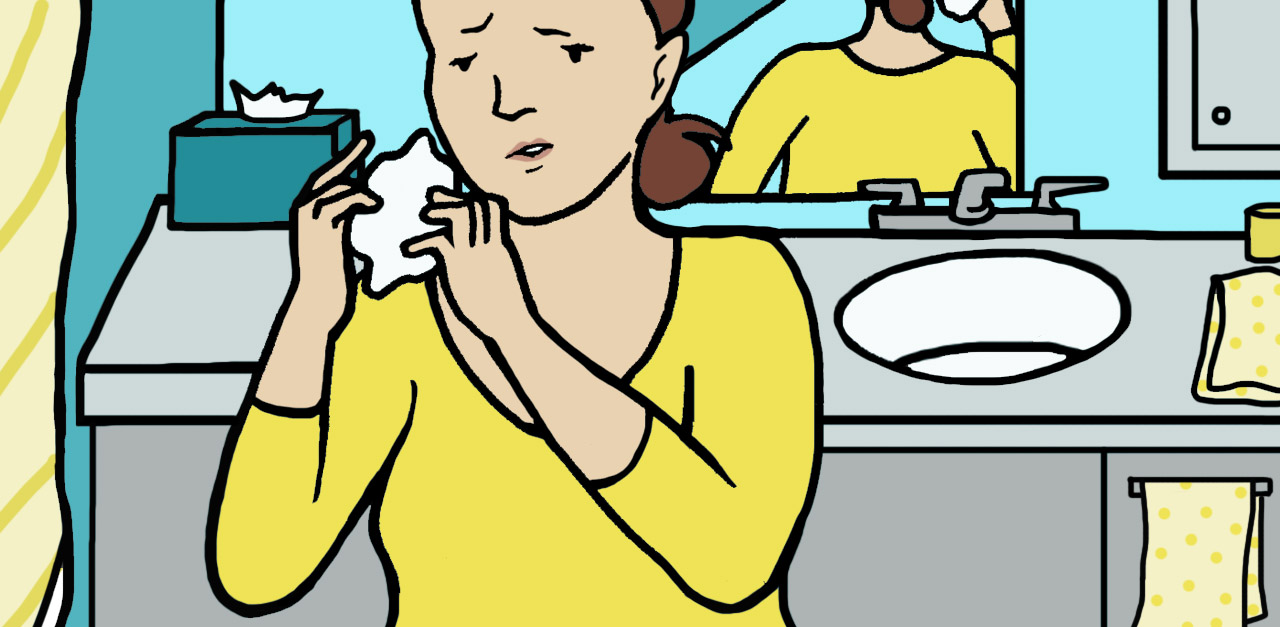
Boogers: everyone has them, but nobody likes to talk about them. Why? Well, they're icky.
As adults, most of us tend not to think about boogers very often — we just get rid of them when we blow our noses and call it good.
But anyone with kids or grandkids knows that, somehow, boogers tend to come up in conversation all the time.
Not only do children think the concept of boogers are very funny, they also seem to have way more of them than adults do.
Parents and grandparents are constantly telling their kids not to pick their noses, not to eat their boogers, and to get a tissue before snot runs down their faces.
But have you ever really thought about what boogers are or why we have them? If you have, you're in the right place.
Boogers seem to be this weird, dried-out snot in our noses. But why do they exist at all? Read on to find out more!
Thumbnail: Flickr / Collin College
What Are Boogers?
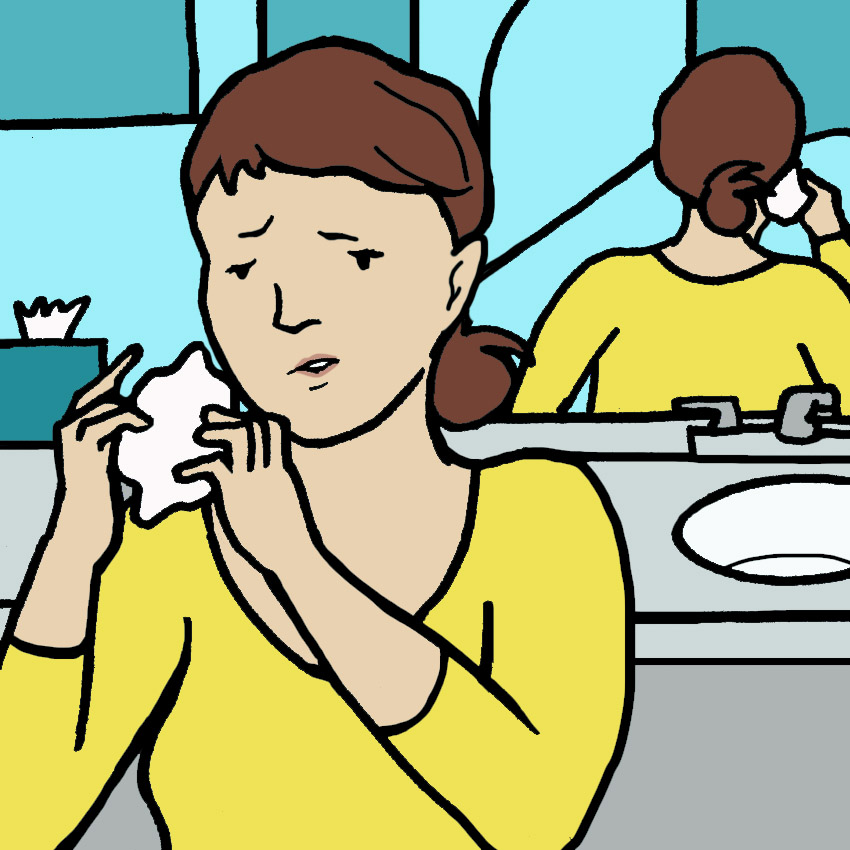
The first thing most people wonder when they think about boogers is, well, what exactly are they?
Boogers are crusty or slimy bits produced in the nose that actually protect the body against many external forces that may harm it.
These little boogers, as unappealing as they may be, are actually essential to our overall health.
Where Do Boogers Come From?

Boogers, as you may have guessed, come directly from your nose — but they are a product of multiple things.
Your nose and sinuses secrete mucus, which travels throughout the nose to protect it.
When the mucus comes in contact with tiny dust particles you breathe in, it attaches to the dust and forms boogers.
What Are Boogers Made Of?
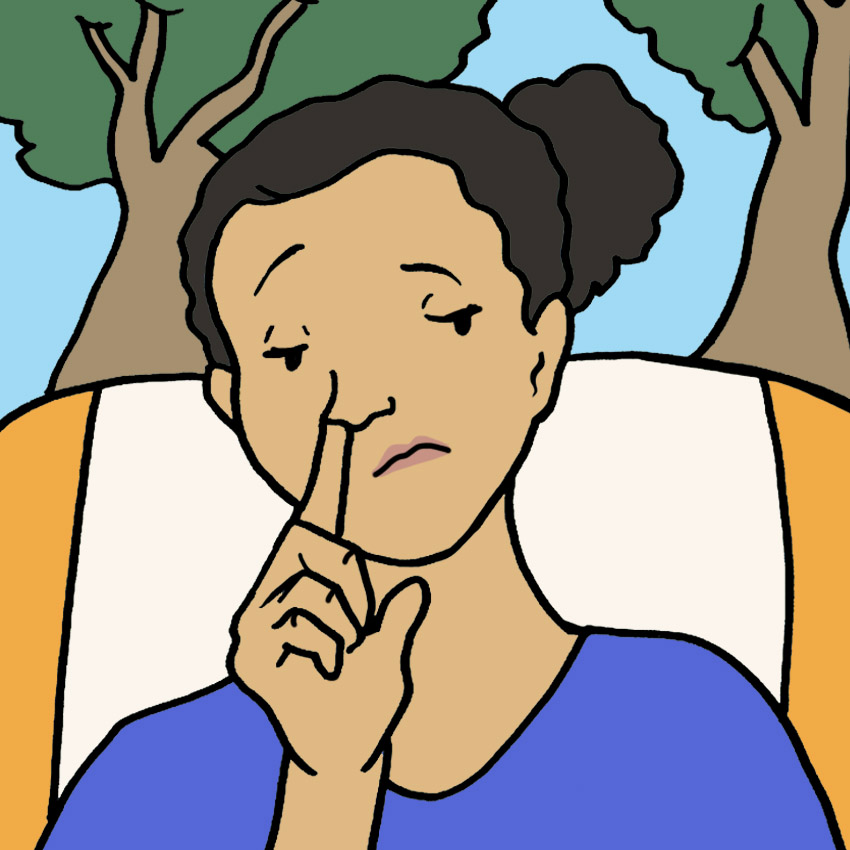
Boogers are made of mucus and dust particles. Those dust particles may also include dirt, pollen, and dead skin cells.
Once the mucus attaches to the dust, it gets trapped in the cilia — the tiny hairs in your nose.
In order to keep those harmful dust particles from entering your lungs, the mucus moves it toward the front of your nose, where the mucus dries out and becomes what we think of as boogers.
Why Do Kids Eat Boogers?

One thing many adults find particularly gross is when people — usually children — eat their boogers. So why do they do it?
Well, there are a few schools of thought about why people consume boogers.
One theory is that when kids eat their boogers, it may actually boost their immune systems because they're ingesting the bacteria and germs in the dust particles.
Another theory? Kids just eat them because they taste salty.
Why Do We Have More Snot When We're Sick?
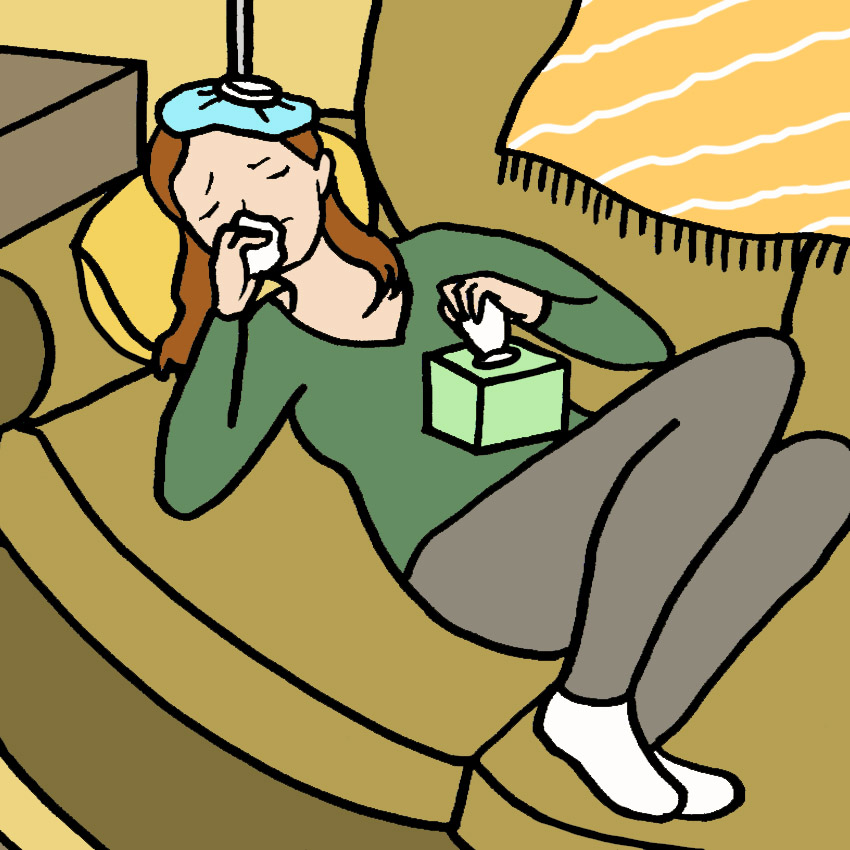
Most of us know that when we have a cold or flu, we'll spend way more time blowing our noses and trying to deal with clogged sinuses and stuffed noses.
The reason we have more mucus (aka snot) when we're sick is because our bodies produce more to keep the harmful cold or flu germs from reaching our lungs.
In order to keep the rest of our body healthy, we end up with extra mucus, snot, and boogers.
Why Does My Nose Run When I Cry?

Interestingly, the runny nose you get when crying doesn't come from an overproduction of mucus.
Ever notice how thin your snot is when you get a runny nose from crying?
That's because when you cry, some tears drain through your nose — the tears mix with mucus to make your nose run.
Why Do I Have Colorful Boogers?
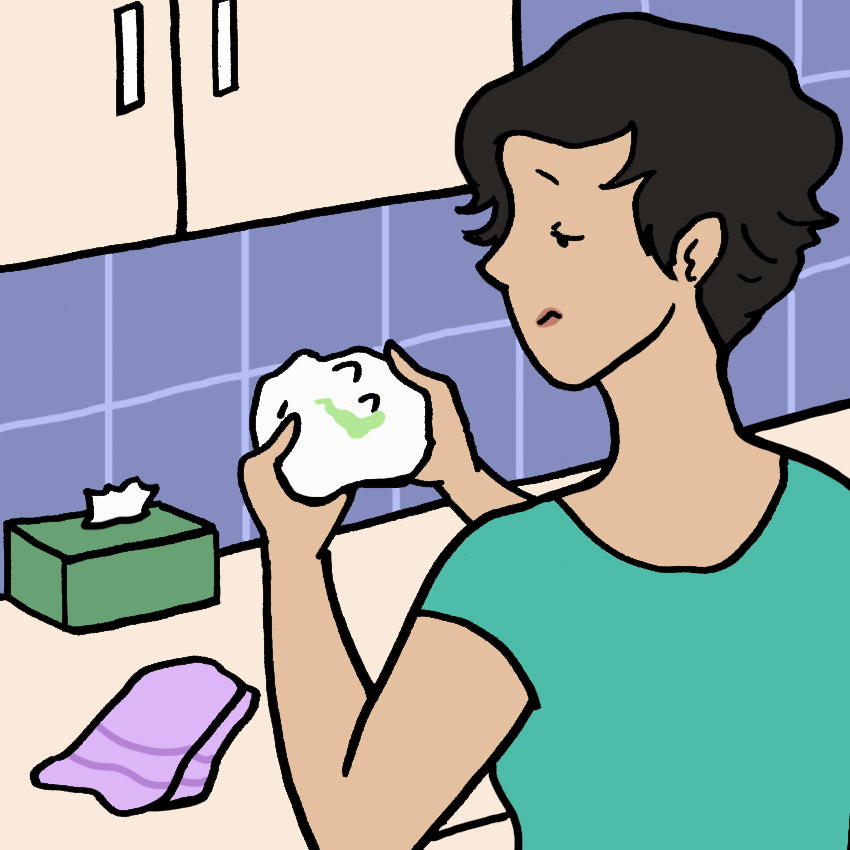
Different shades of boogers are pretty normal, and are only cause for concern if they change drastically for no apparent reason.
Normally, mucus should be clear, but it can also be yellow, green, brown, or white.
Different colors of mucus can mean different things, but if you're ever concerned about your mucus, you should go ahead and call your doctor.
Why Do Boogers Have Different Consistencies?
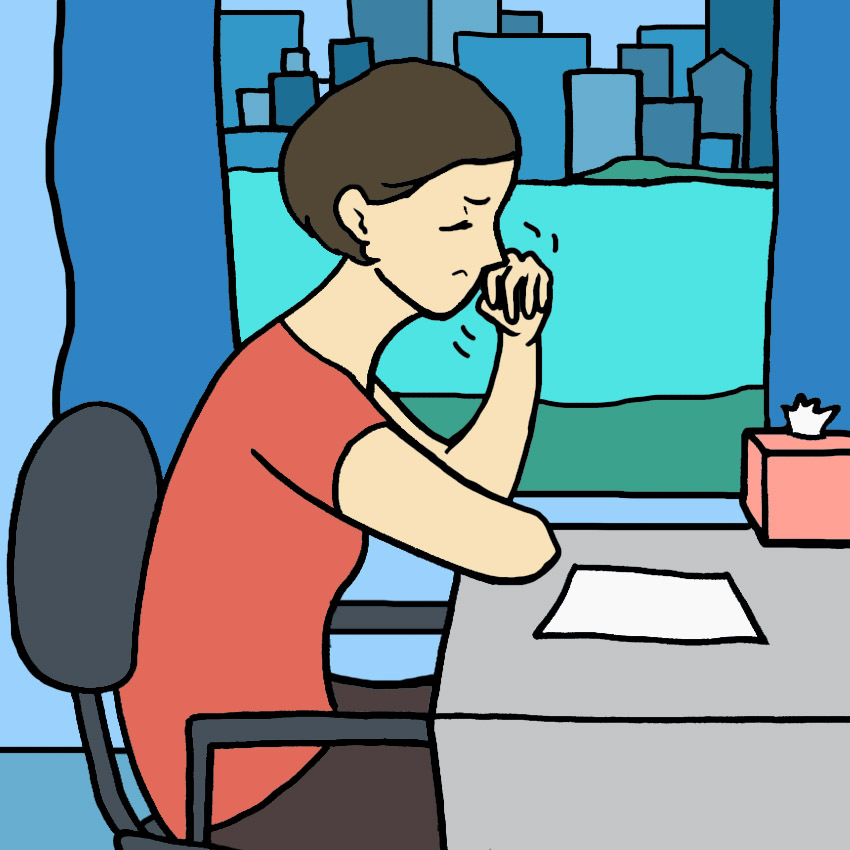
You've probably noticed that your boogers are often different consistencies.
Sometimes they're soft and gooey; other times they're hard and crusty.
Different textures of boogers aren't a cause for concern, though. It just means they've been in your nose for different amounts of time.
For example, a dry booger has probably been in your nose for more time than a slimy or sticky booger.
When Should I Worry About My Boogers?

Most boogers are nothing to worry about — but there are a few times when you should pay closer attention to your snot.
If you notice any significant changes in type, color, or amount of mucus, it could be a sign that you're getting sick or having an allergic reaction to something.
Drastic changes in your boogers are still not serious symptoms of illness, generally, but if you notice a big change, ask your doctor if you should be concerned about it.
If you've always wondered what boogers are and why we have them, please SHARE this article with your friends and family!




